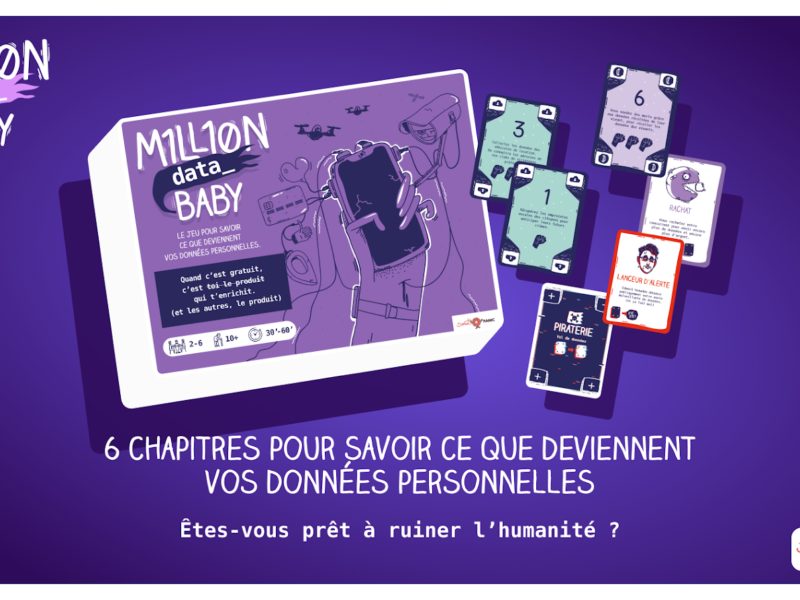
The meaning of luxury in China : the symbol of a better tomorrow?
Our Chinese Market Specialist Hua Qiu is just coming back from a 2 weeks journey through China. He tells us what is new, what has changed and what emerging trends should draw our attention. Hua began discussing the meaning of luxury in China in our previous article. He now continues explaining us why Luxury is in fact the symbol of a better tomorrow.
« Another key to understand China is the poverty. People are yearning for a better tomorrow »
Oliver: « In our first article you were telling me that understanding China was about understanding numbers. Are there other keys to fathom the complexity of your country? »
Hua: « There are many keys to understand China but amongst them, the most important one is probably poverty. China changed in such a radical manner during the past 10 years that people are now mesmerized by the marvels of modernity forgetting that just 30 years ago we were all very poor. The new towns, the multi-couloured lights of the gigantic buildings illuminating the city at night, the high speed trains available every 30mn: all of this makes you forget that we were lacking oil and meat when I was a child. We had dumpling only once a year and the celebration we had then was comparable to your parents having mandarin oranges for christmas. It was a luxury. Our only luxury. 20 years ago I would never have thought I could have my own company and thrive. Today, in China, if you want to invest in a real estate project for instance you can find millions of dollars in the snap of a finger. Things have changed completely but people continue to feel poor. They carry the memory of their past identity and this recent memory of poverty is a great motivator. Today China is comparable to France during the thirty years of post war economic growth. Chinese people feel like your grandparents in the 50’s: having survived the second world war and the 1929 crisis they were feeling alive. When the war ended everything was possible again. Your grandparents literally plunged in consumerism and hedonism to exorcise their fears. But it was only partially working: they were still feeling insecure, they needed to hoard money. Coming from a modest background they wanted to achieve something to feel warm and dry after the hurricane. Even if we did not face the war, we feel exactly the same. »
« The first evident consequence is « Success first, consequences later. Luxury in China stems from there »
Oliver: « What are the consequences for Chinese society? »
Hua: « The first evident consequence is: « success first, consequences later ». People are completely blind to consequences. They just do not care. They are goal oriented. If they have to overcome the law to get what they want they will do it. They will take your product to pieces, reverse engineer it and release their own version in no time. They want to get rich fast. If they are sued for that it’s ok, they are willing to take the risk. They tell themselves they will deal with trials in a seconde time, once they have the money to face them. »
Oliver: « I suppose it is emphasized by the very structure of the Chinese family? »
Hua: « Yes. Couples have to take care of their parents and of their grandparents sometimes (lifespan is increasing). They also have to prepare their children’s future. Only the 15% best students will have a good job. The others will rot in second rate jobs. Parents have to spend a lot of money in education to make sure their children will succeed. As you can see, everything relies on young couples. They are subject to a lot of pressure and they will do whatever it takes to assume their duty. »
« Copy is not an end in itself. It is the first step on the road to mastering product design »
Oliver: « How do Chinese people perceive counterfeiting? »
Hua: « We know it is not a good thing. We are the first victims of it. For instance, many mothers do not want to buy chinese products for their babies anymore. Due to the recent scandals around milk. But at the same time, copy is perceived as a way of learning. A poor copy is not an end in itself. It is the first step on the road to mastering product design. Chinese people do not see themselves as subcontractors. They believe one day they will design good products. Better than the european ones.
« There is another tacit consequence. Chinese people only want what is best. That is where you begin to understand the meaning of luxury in China. »
Oliver: « Are there other consequences? That we do not see?
Hua: « There is another tacit consequence, yes. And even Chinese people are not really aware of it. They do not have enough distance to realize it: they want only what is best. For instance, they do not care if their mascara is a Chanel or a Dior. They buy it because it’s french, because it is the best mascara you can find. They do not buy it because it is expensive or because it is Chanel. Only because it is supposed to be the best product on the market.
Oliver: « And it works whatever the field? »
Hua: « No. For instance, people would never use perfume. If you use parfume you give a bad impression. You appear to be a bit vulgar. It is deeply rooted into Chinese culture. Some friends of mine have dozen of perfume bottles in their bathroom. They are gifts they received from relatives who travelled across Europe. They keep them because it was a present but they will never use them. »
« Chinese people perceive Europe as a lethargic continent. Stores never close in China »
Oliver: « I might have one last question since we are talking about Europe: is there a link between the mechanisms you described in this article and the way Chinese people perceive Europe. As a lost continent I mean. »
Hua: « Yes, my fellow citizens are so engaged in a race against the clock that they perceive Europe as lethargic. They do not understand why stores are closed on Sundays for instance. The word closed does not exist in China. People are showing a constant entrepreneurial spirit. »



